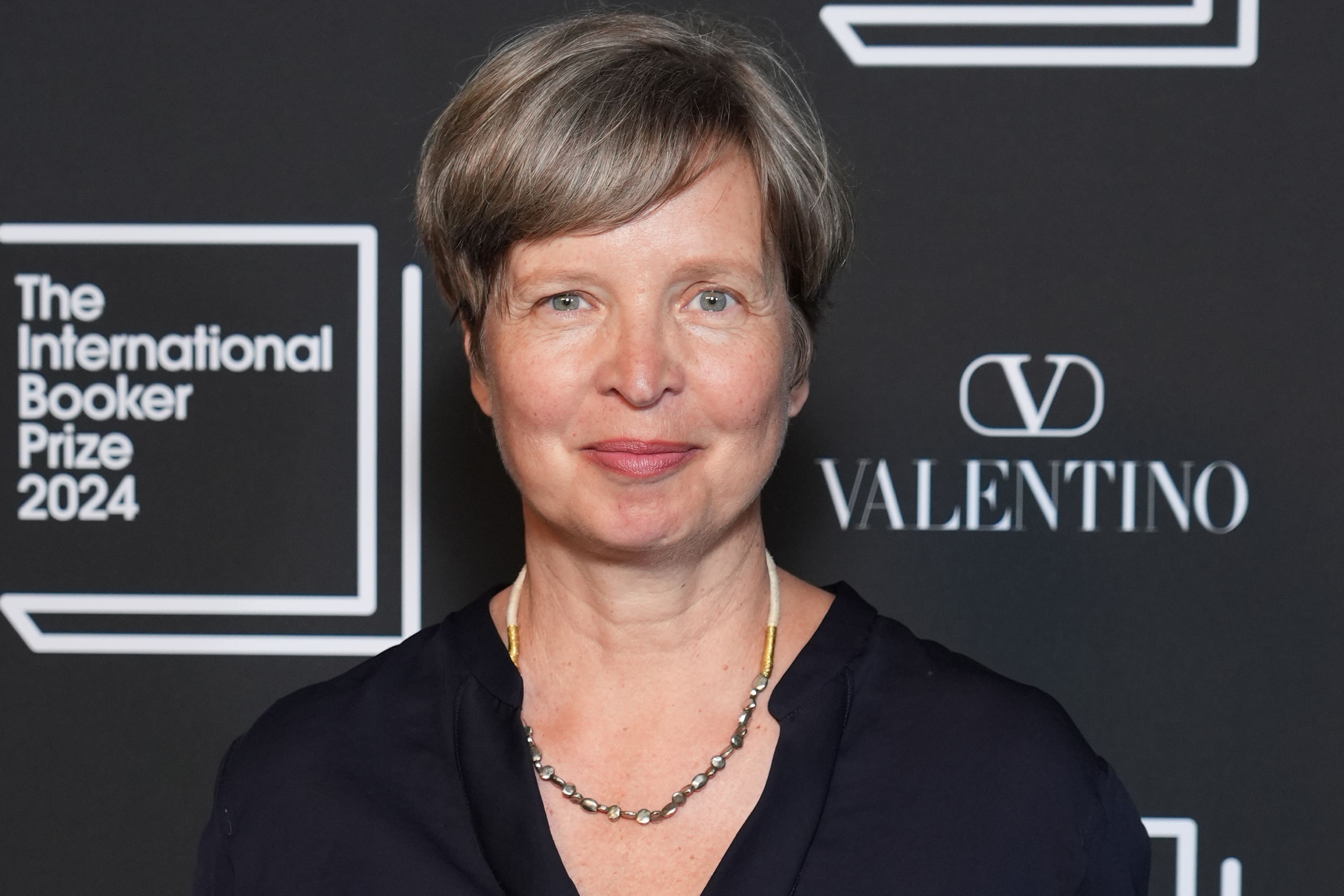Jenny Erpenbeck becomes first German writer to win International Booker Prize
Michael Hofmann, a German-born poet, was announced as the first male translator to win.

Your support helps us to tell the story
From reproductive rights to climate change to Big Tech, The Independent is on the ground when the story is developing. Whether it's investigating the financials of Elon Musk's pro-Trump PAC or producing our latest documentary, 'The A Word', which shines a light on the American women fighting for reproductive rights, we know how important it is to parse out the facts from the messaging.
At such a critical moment in US history, we need reporters on the ground. Your donation allows us to keep sending journalists to speak to both sides of the story.
The Independent is trusted by Americans across the entire political spectrum. And unlike many other quality news outlets, we choose not to lock Americans out of our reporting and analysis with paywalls. We believe quality journalism should be available to everyone, paid for by those who can afford it.
Your support makes all the difference.Jenny Erpenbeck has become the first German writer to win the International Booker Prize.
Erpenbeck, who began as an opera director in the 1990s, wrote Kairos about the end of the Cold War in Germany, and will split the £50,000 prize money equally with the translator Michael Hofmann.
Hofmann, a German-born poet and essayist who grew up in the UK, was announced at London’s Tate Modern on Tuesday as the first male translator to win.
Speaking at the museum, Erpenbeck said she was “really surprised” and “very honoured”.
She also said that she won with the help of “people who supported me” such as Hofmann.
Erpenbeck, born in East Berlin in 1967, had previously featured on the longlist for Go, Went, Gone.
Canadian writer and broadcaster Eleanor Wachtel, chairwoman of the 2024 judges, called Kairos “both beautiful and uncomfortable, personal and political”.
“Erpenbeck invites you to make the connection between these generation-defining political developments and a devastating, even brutal love affair, questioning the nature of destiny and agency,” Wachtel added.
“Like the GDR (German Democratic Republic), it starts with optimism and trust, then unravels.”
She also said: “In luminous prose, Jenny Erpenbeck exposes the complexity of a relationship between a young student and a much older writer, tracking the daily tensions and reversals that mark their intimacy, staying close to the apartments, cafes, and city streets, workplaces and foods of East Berlin.
“It starts with love and passion, but it’s at least as much about power, art and culture.
“The self-absorption of the lovers, their descent into a destructive vortex, remains connected to the larger history of East Germany during this period, often meeting history at odd angles.”
Last year’s winner, Time Shelter by Bulgarian writer Georgi Gospodinov, was set during and after the fall of Soviet influence on Eastern Europe.